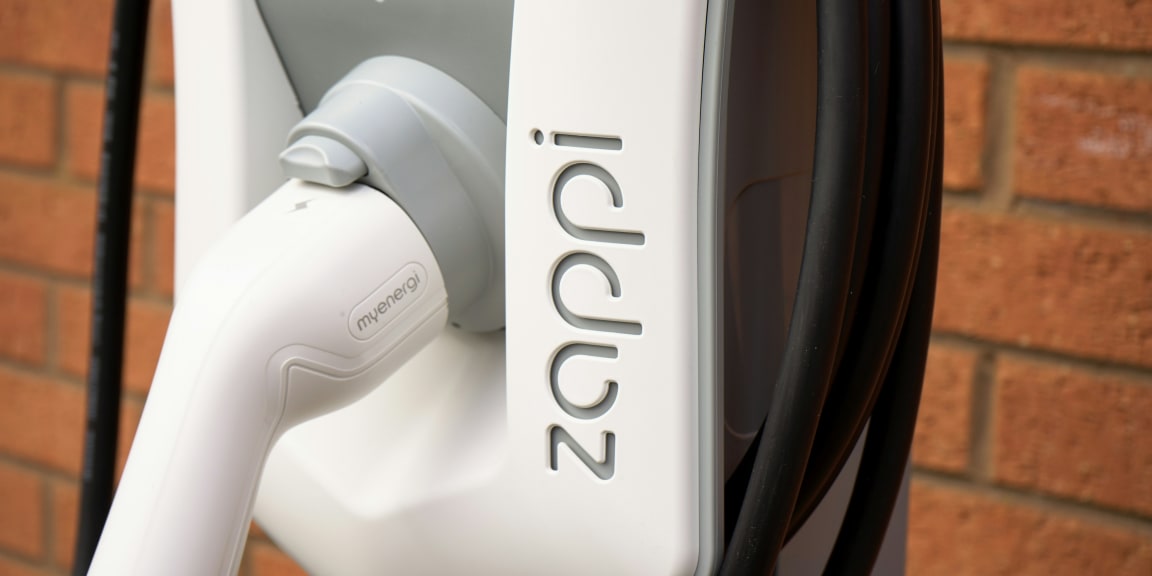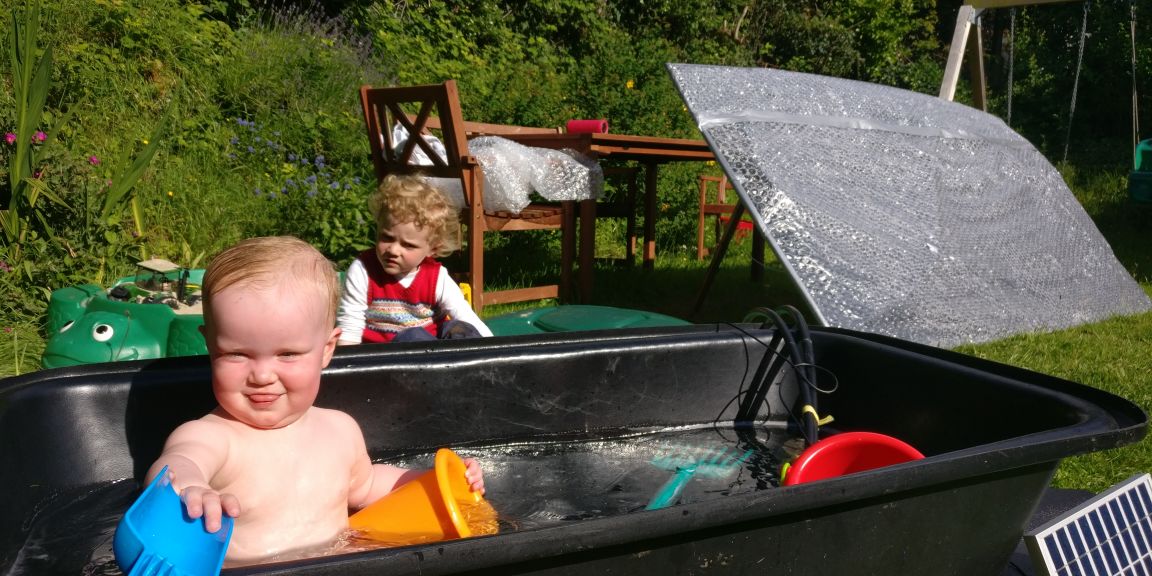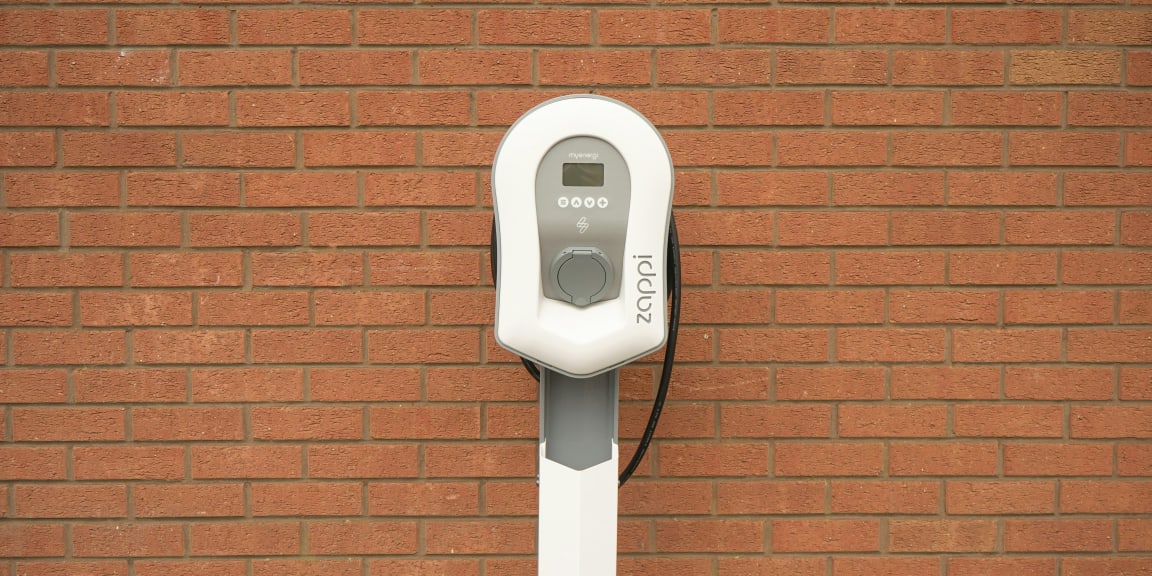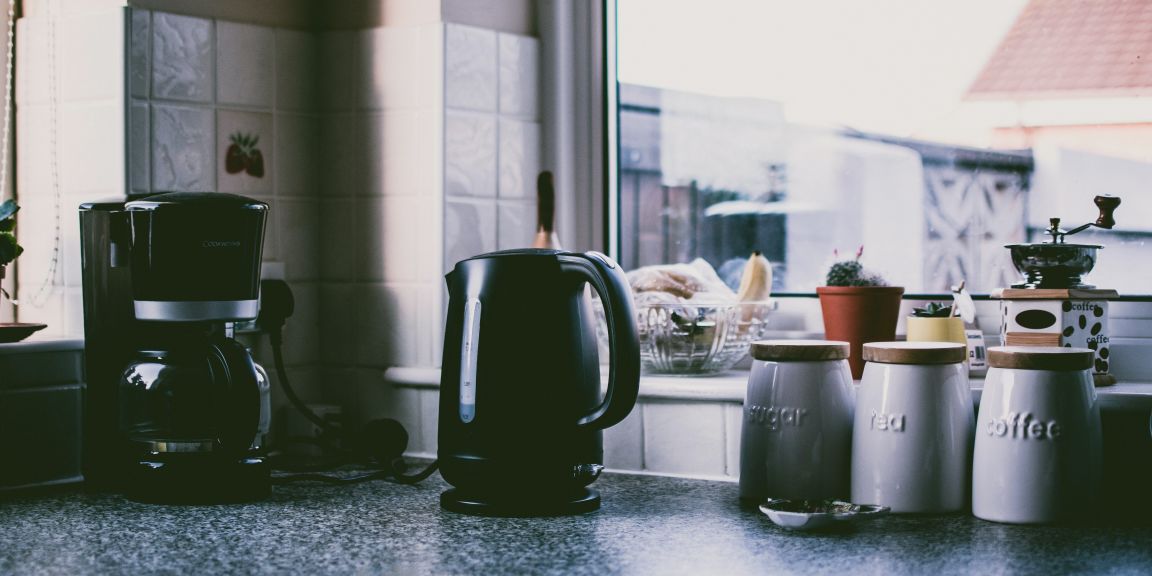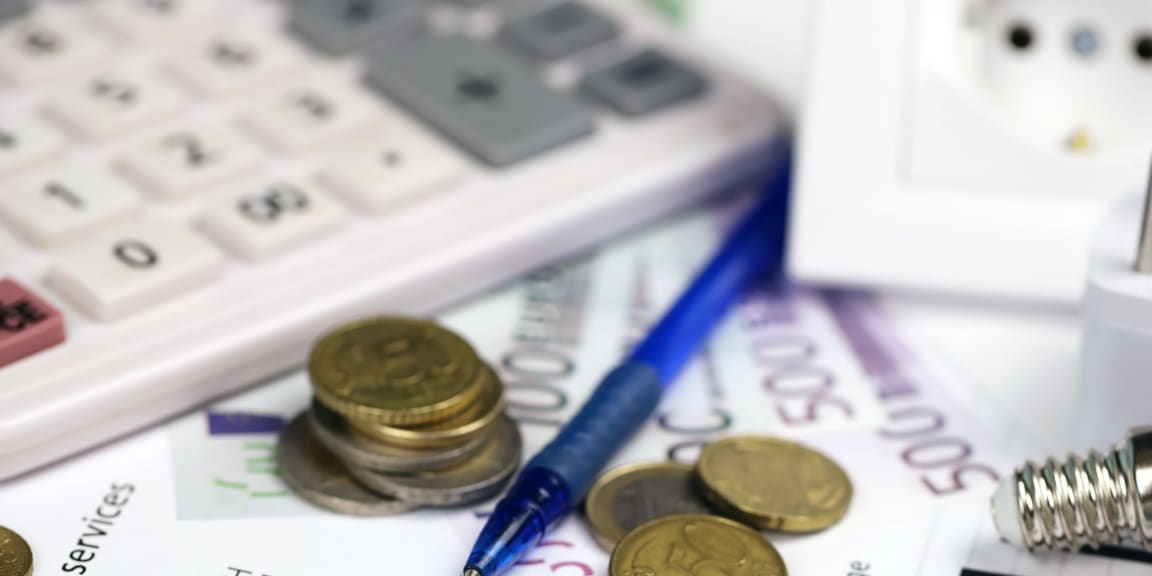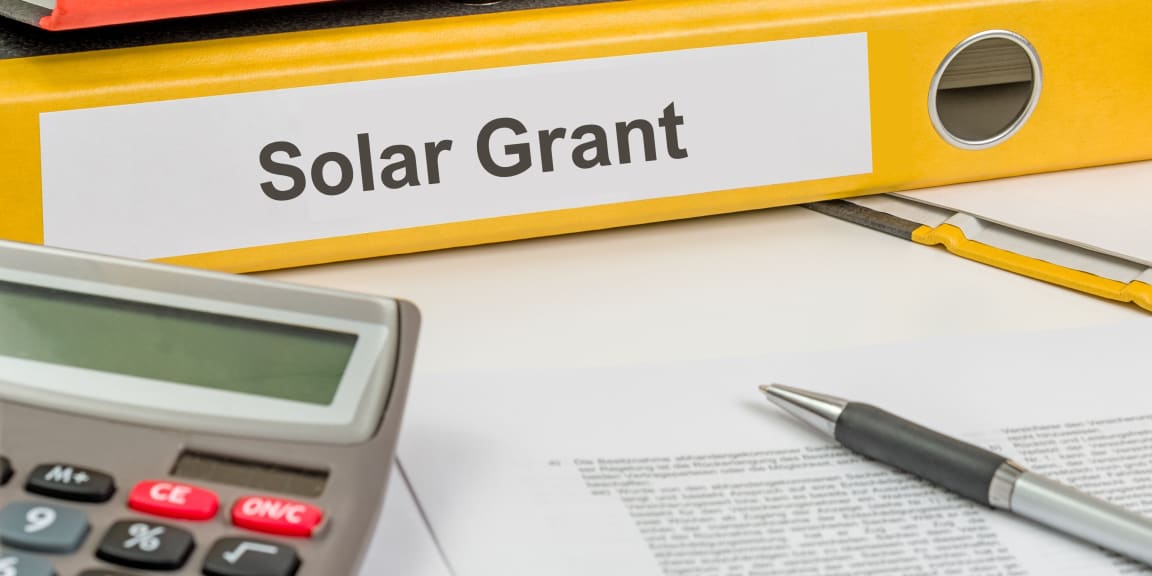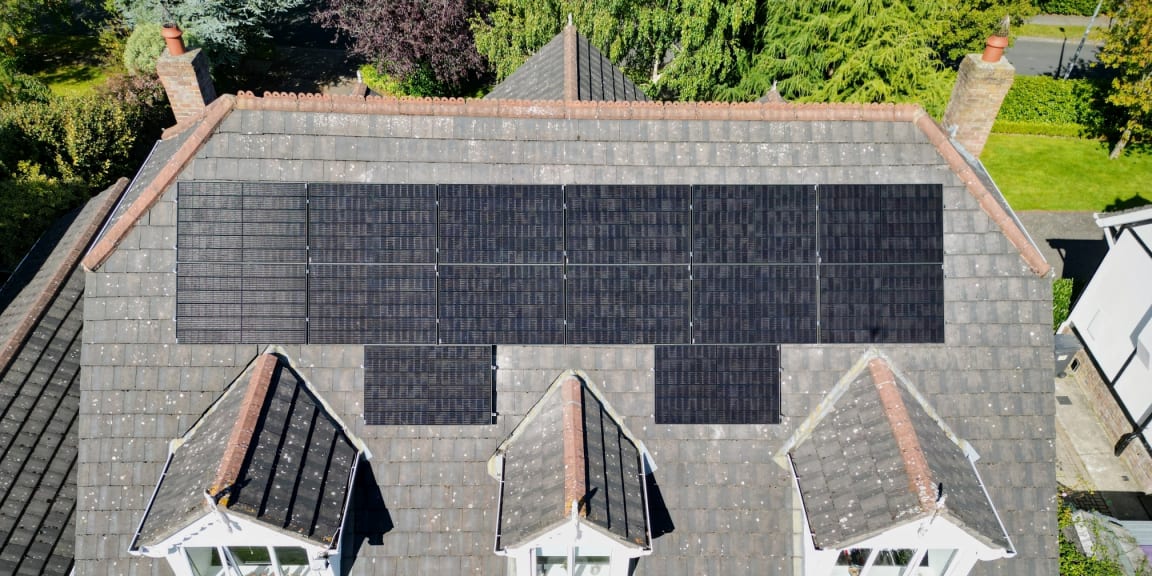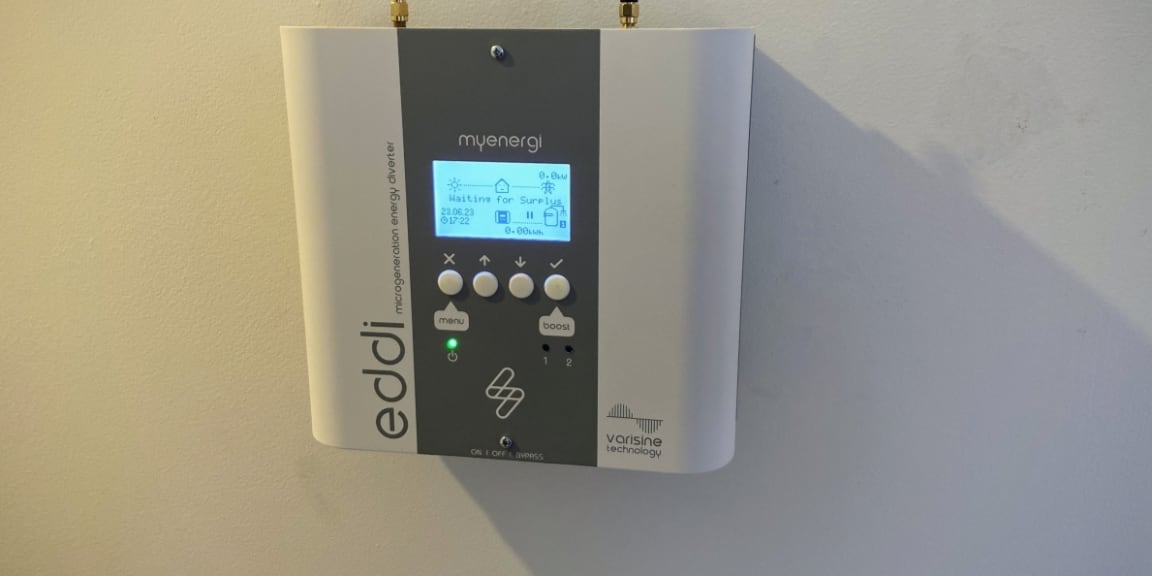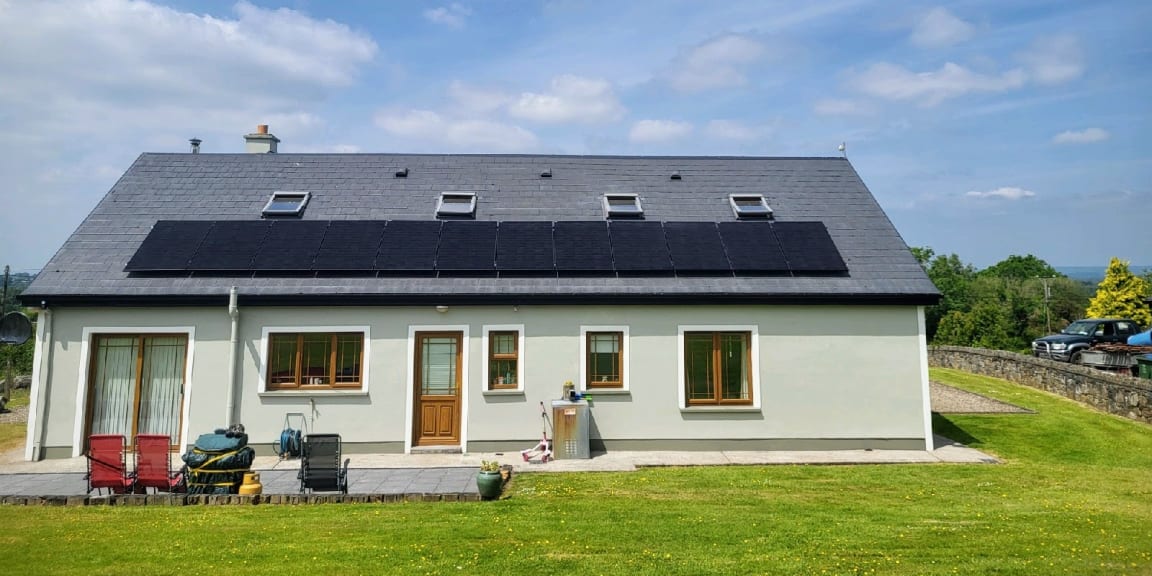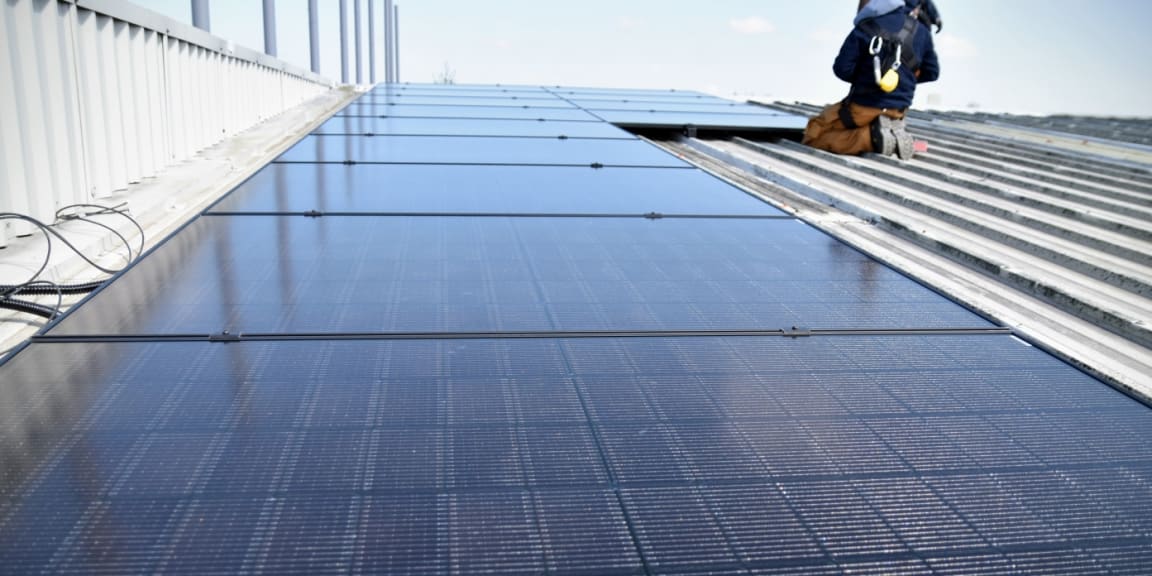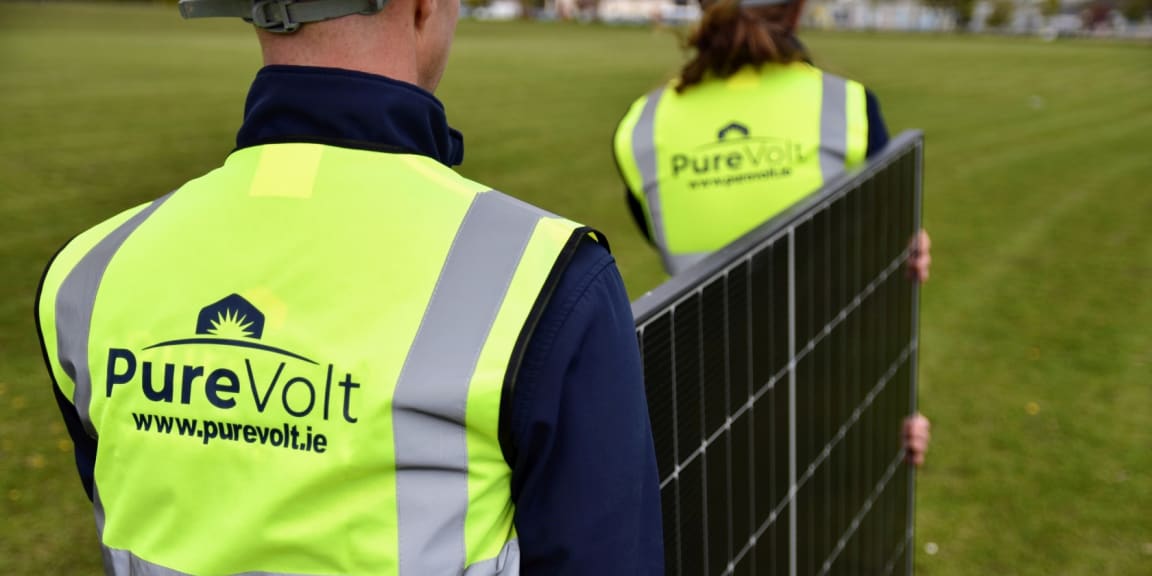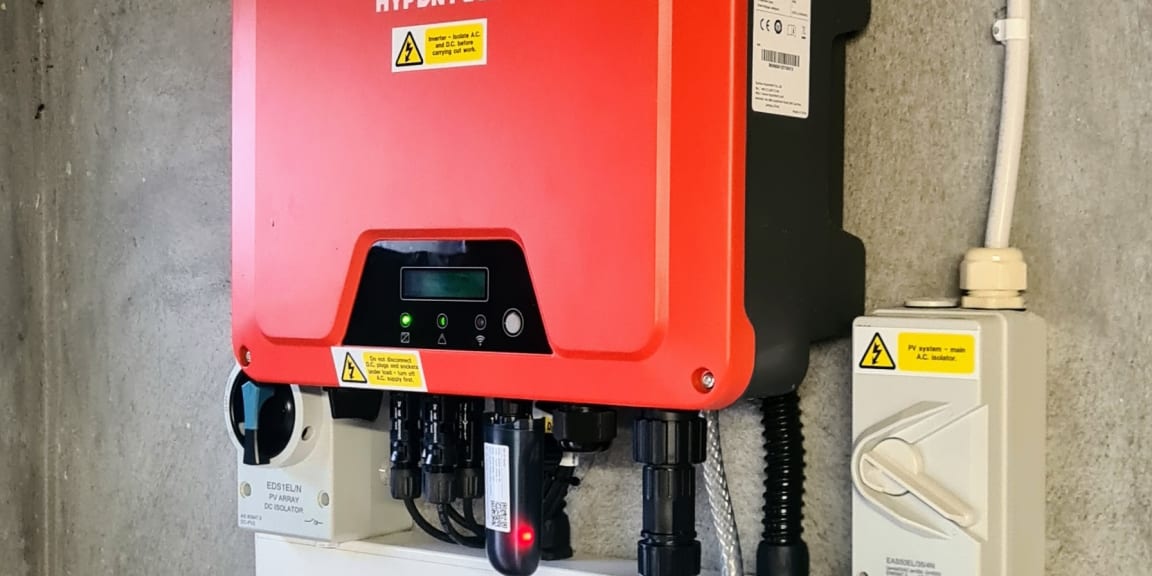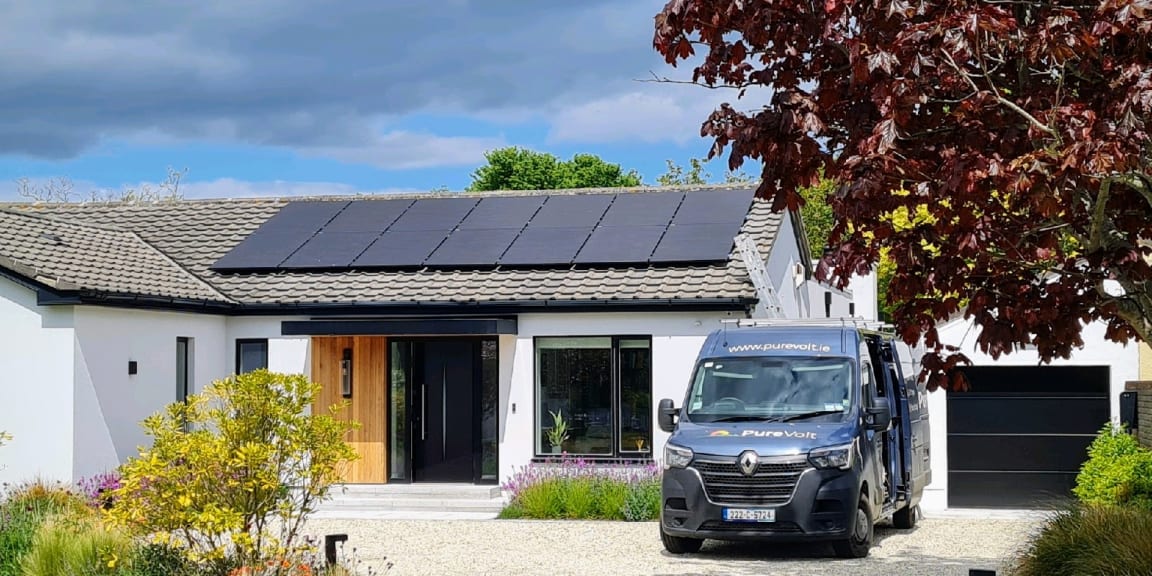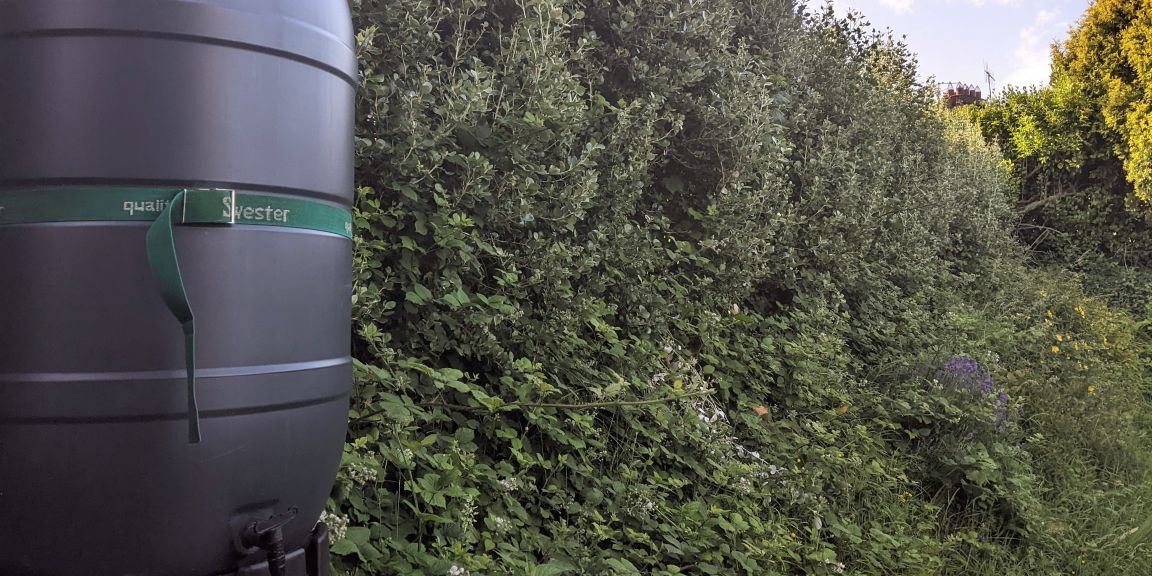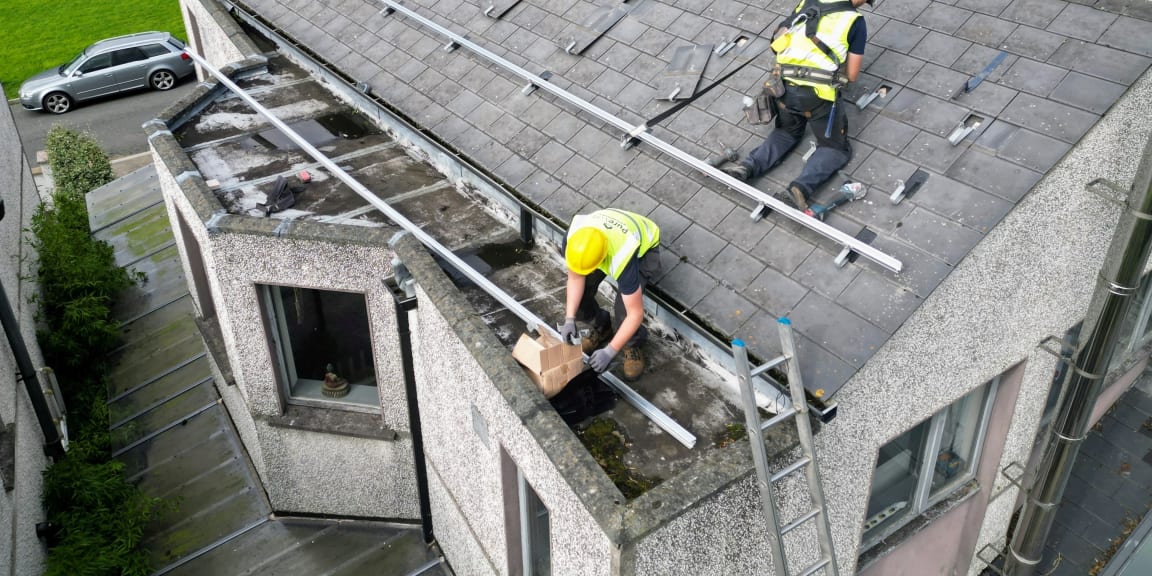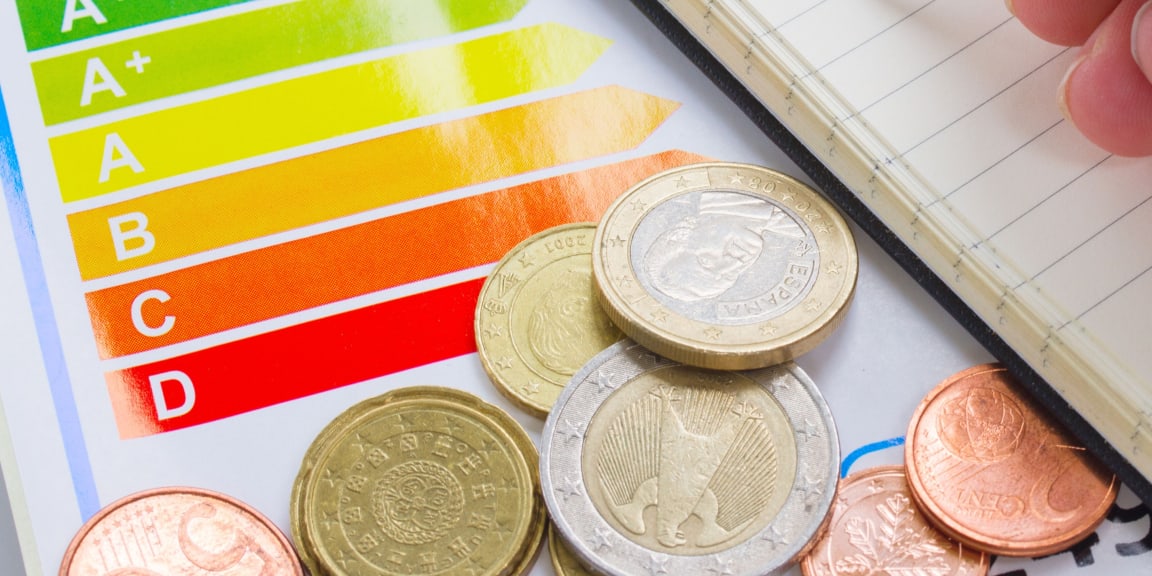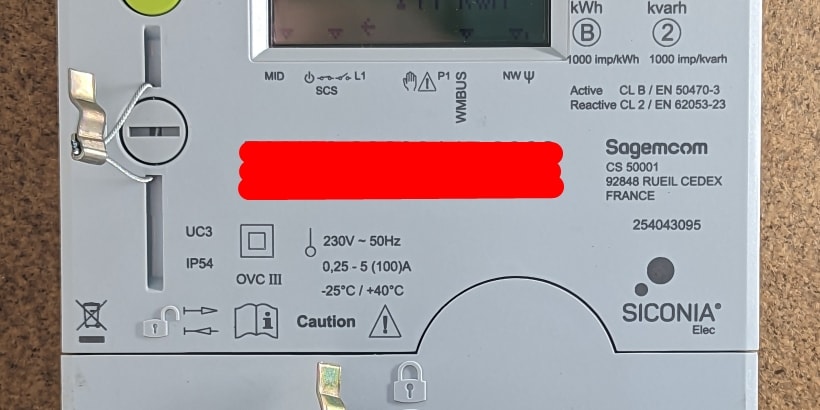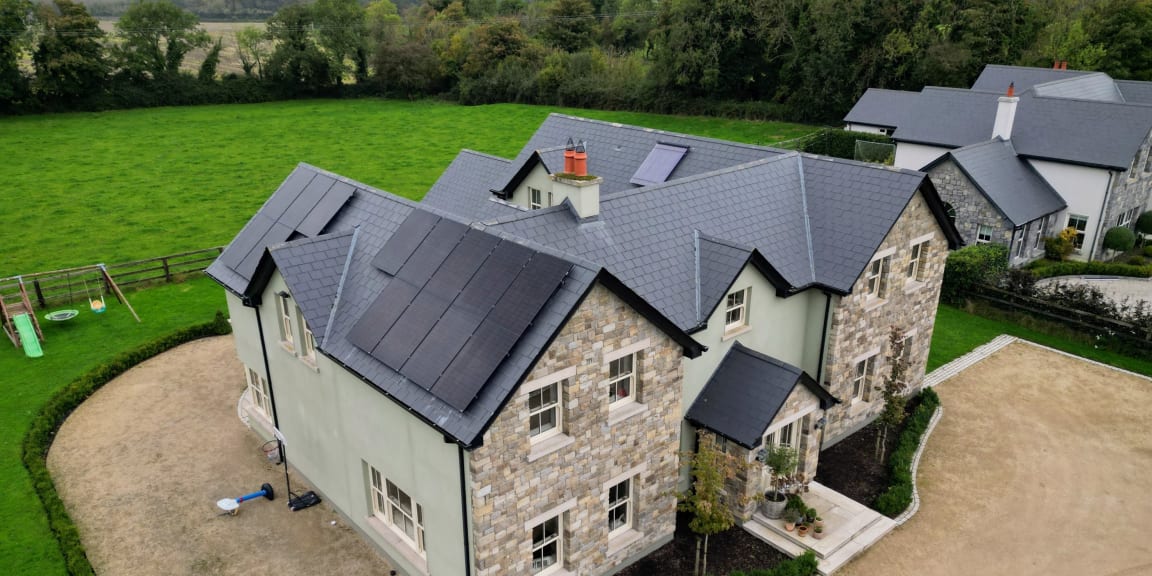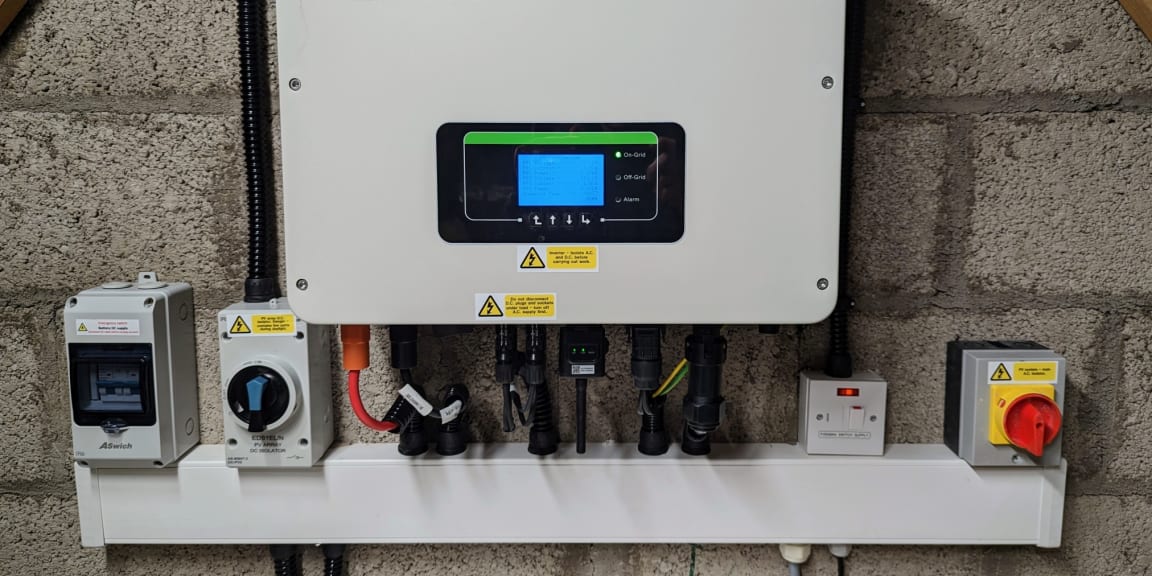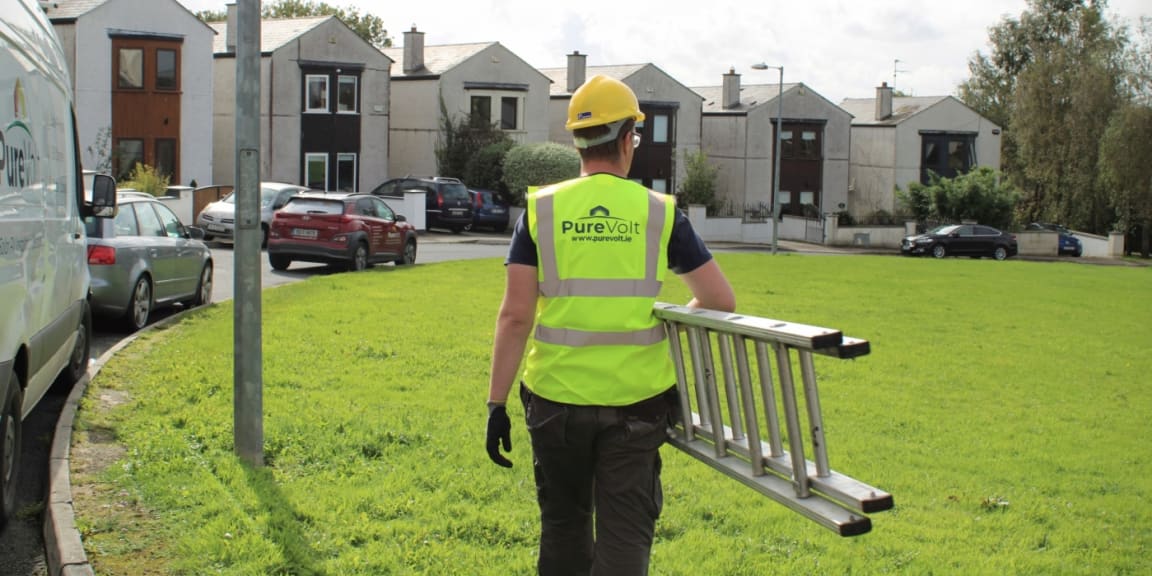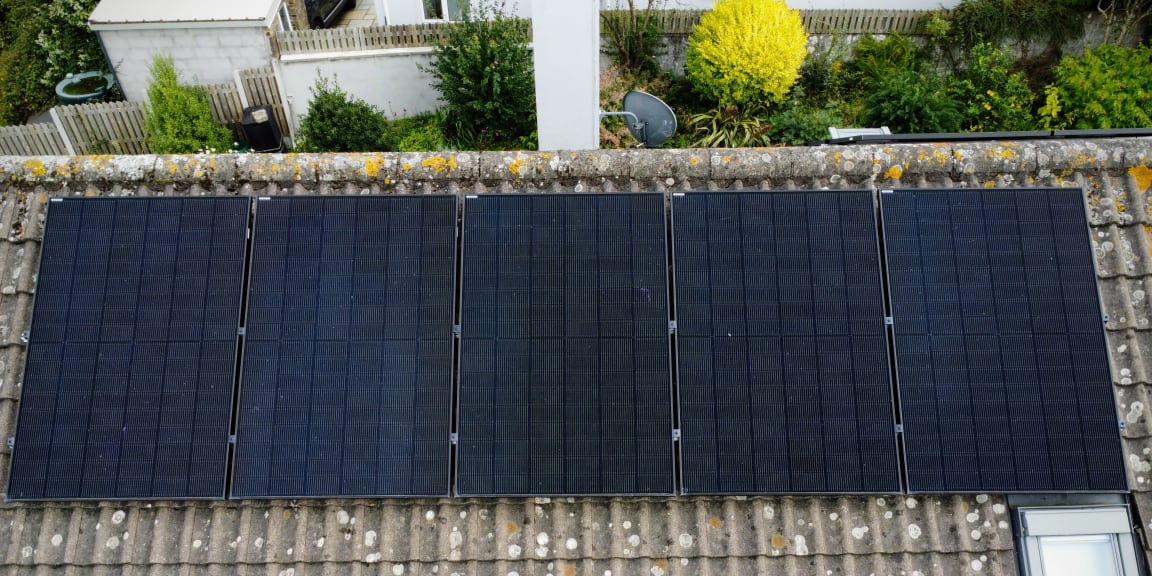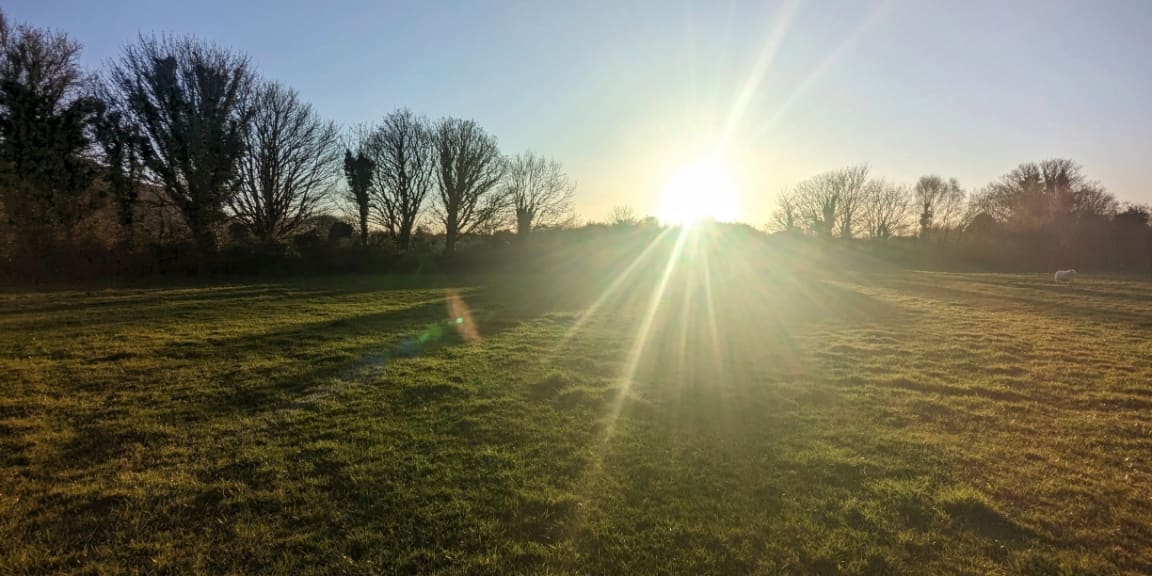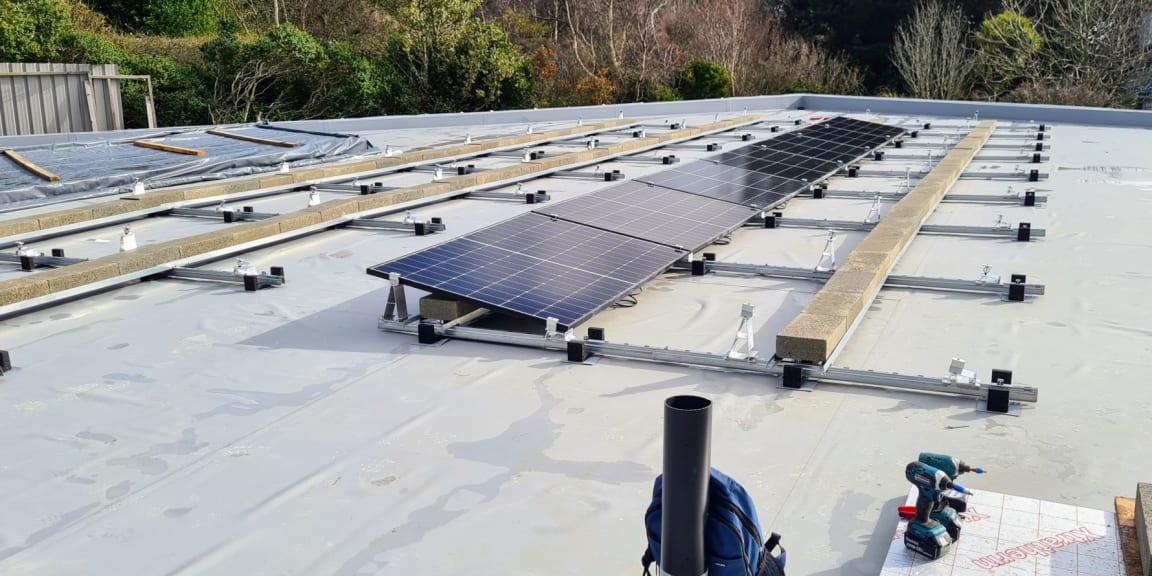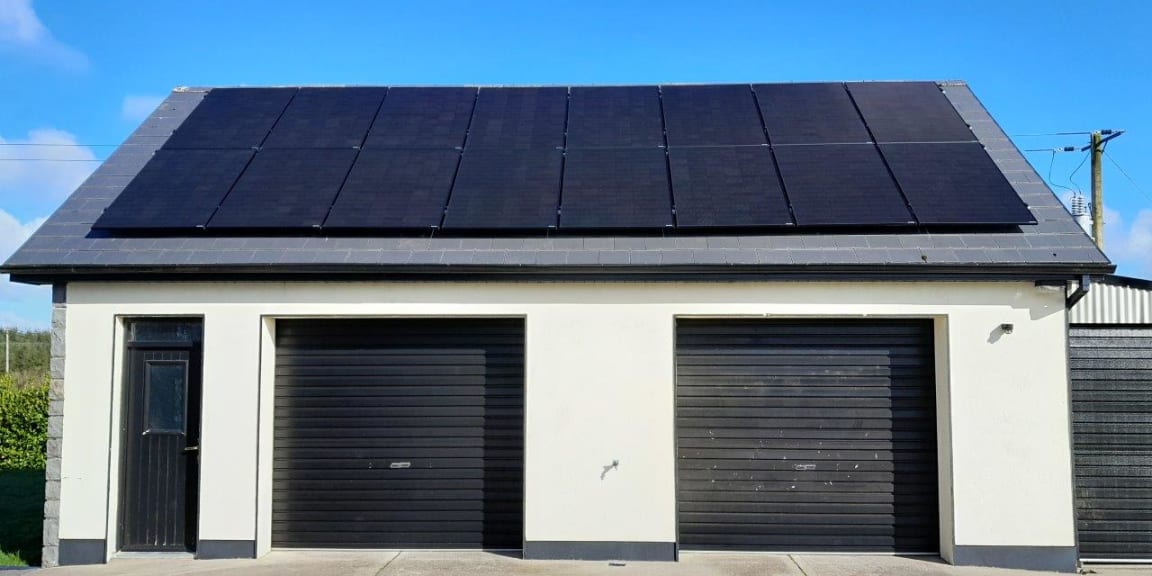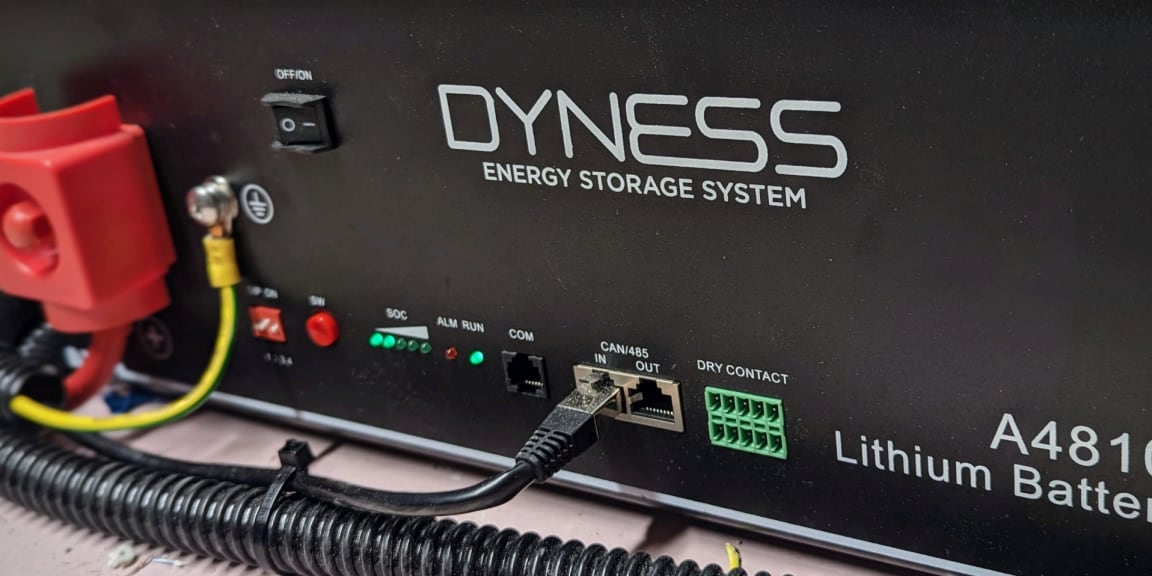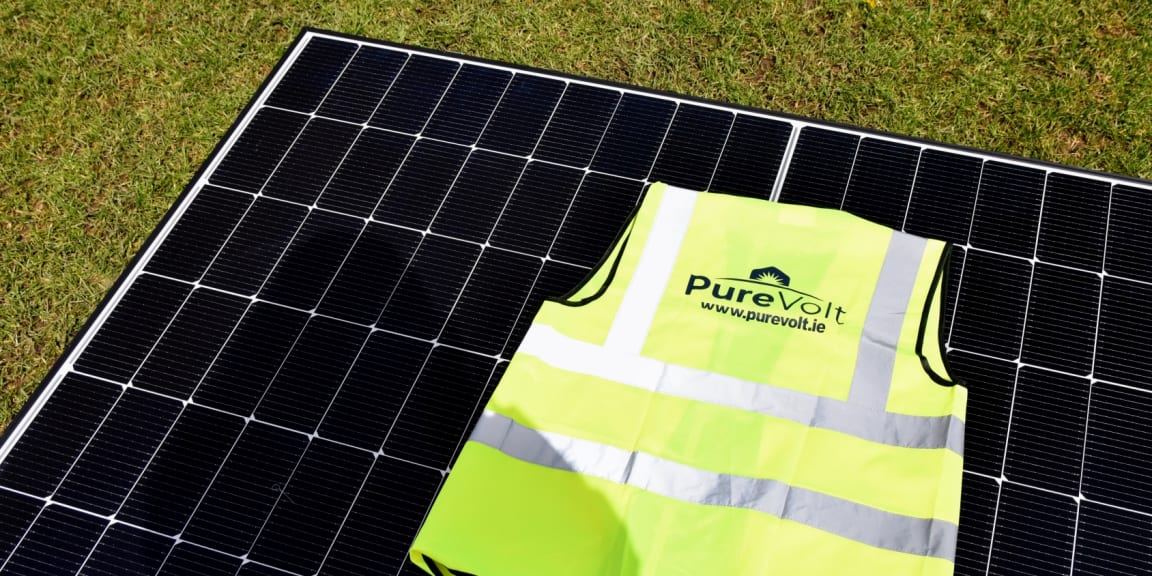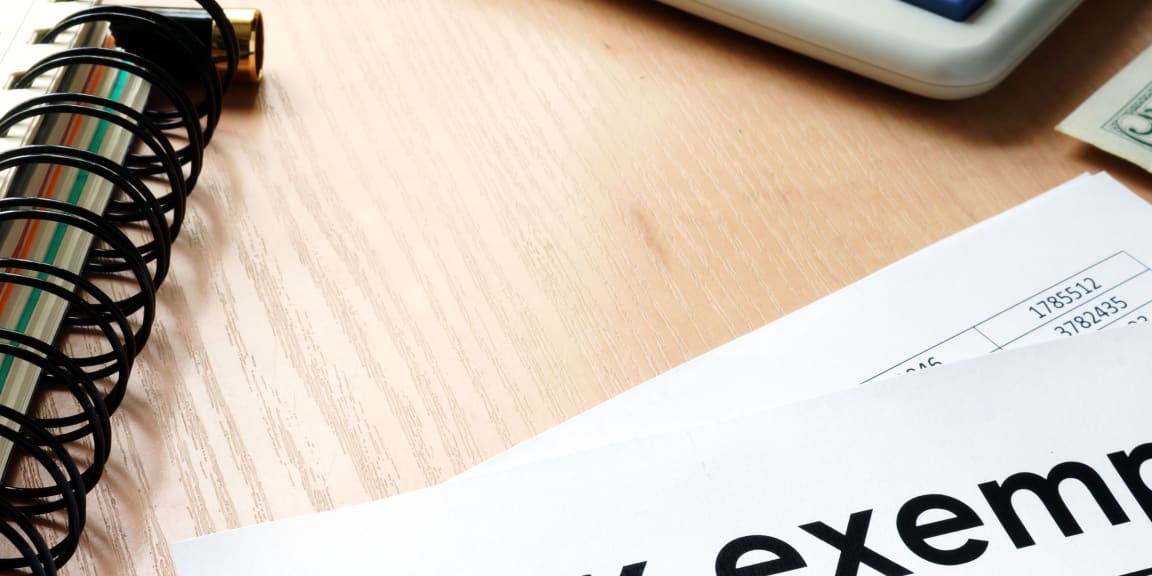Solar Myths Guide
Introduction
There are some misconceptions regarding solar PV in Ireland. We have outlined a few common ones below.
Myth 1 - The more solar panels you install, the faster you will earn back your investment.
Installing more panels than you need will mean that your system will more than likely export a lot of the energy to the grid. Storing this energy in a battery can be a good idea but if you don't have a high electricity consumption then the battery becomes a very expensive asset.
Unless you increase your electricity consumption by recharging an electric car battery, or installing infrared radiators, adding more panels would not be feasible.
Myth 2 - Solar panels are space inefficient
In the past ten years, solar panel efficiency has significantly increased. Improvements in the Watt peak (Wp) efficiency means that you may not need as many panels as before to meet your high consumption rates.
For standard installations, using the average size of 1.2m x 1.7 square metres, it would be possible to install around 9 solar panels on a roof with a surface area of 20 square metres with about 3.6kWp output.
Myth 3 - Without subsidies or grants, solar panels are not financially beneficial
Solar panels are a smart long-term financial investment, with or without subsidies or grants. They enable you to reduce your imported energy bills significantly and produce additional income by exporting unused clean electricity back to the grid.
The system installed and where you are located in Ireland will reflect how fast you can make a return.
Keeping in mind that the average lifespan of a solar panel is between 25 and 30 years, you are very likely to save a significant amount more than your initial investment.
For additional context, as interest rates are at an all-time low, putting your savings into solar panels can yield a much higher return than simply putting money into the bank. Speaking of banks, getting your home to a minimum BER of B3 you can avail of green low mortgage rates. Some lenders are providing rates as low as 1.9% for a 10-year term.
Myth 4 - Solar panels don't work on days there is no sunshine
Solar PV panels can work in sunny, cloudy, and even cold environments. The technology of solar PV panels allows them to work effectively on cloudy days, and they are even more efficient on colder days.
Cloudy weather does not inhibit the solar panel's efficiency. Even on cloudy days, they can still be a viable source of energy.
Myth 5 - Solar panels will still work when I get a power cut
Every solar panel system must comply with the grid code of EN50549-1, which states that in the event of a power cut the solar panels must switch off. The solar inverter has a built-in setting that stops it from sending any power in the event of a power cut.
This is to prevent any ESB Network engineers from getting a back feed of electricity while they are repairing the supply issue.
Myth 6 - Solar panels require a lot of maintenance
Solar panels have no moving parts and therefore, are low maintenance. However they should not be considered zero maintenance. What do we mean by this?
It is always a good idea to keep a close eye on your energy generation.
Solar panels are designed to self-clean. But, sometimes there may be a build up of dirt and dust if there is a period of time without any rain. This can effect the solar panels output so it is always good to keep this in mind and check them occasionally.
Myth 7 - Solar panels will cause damage to your roof
This is not the case at all. Solar PV panels actually benefit the portion of the roof that they are covering by protecting it from the elements. Flashing kits that are used during the installation process eliminate any potential leaks in the roof.
Myth 8 - The installation will be disruptive
Thinking that installing solar PV panels is going to be a lengthy process with scaffolding hanging around for days on end can be off-putting.
Thankfully, this is not the case when it comes to installing solar PV.
The panels are installed within a day and the electrical side is also completed in a day. Our team work by the rule that you the homeowner should not know we were even there!
Myth 9 - Solar panels are not that "Green"
The overall emissions for solar PV manufacturing seem greater than they are since solar panel production requires all of their energy up-front. But when dispersed over 30 years of emission-free generation, they prove to be much cleaner than the common alternatives.
Besides the emissions benefits, solar panels have a manufacturing energy payback period of about 2 to 3 years.
Myth 10 - Solar panels are not suited to Ireland's climate
Even though Ireland gets its fair share of wind and rain, Ireland is very well suited to solar PV technology.
Ireland gets a comparable amount of solar radiation as some parts of Germany, which is one of the major players in solar installations.
Ireland's cool climate ensures that the panels are working at a high-efficiency level.
